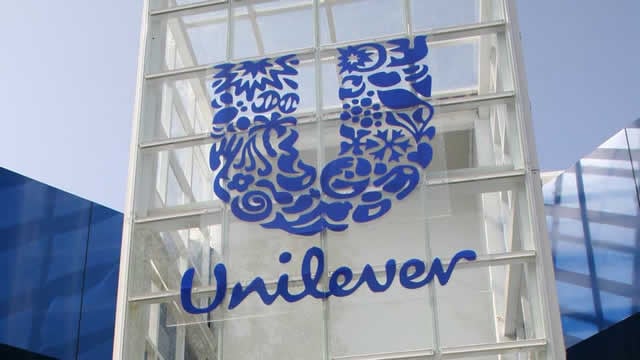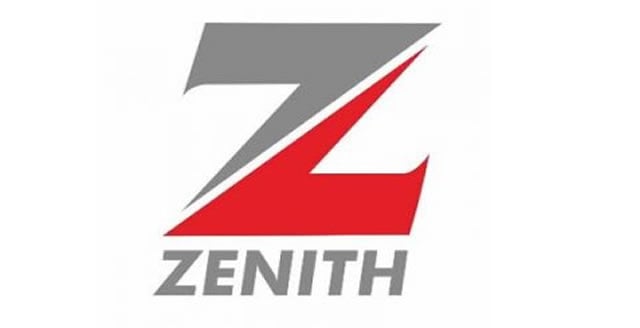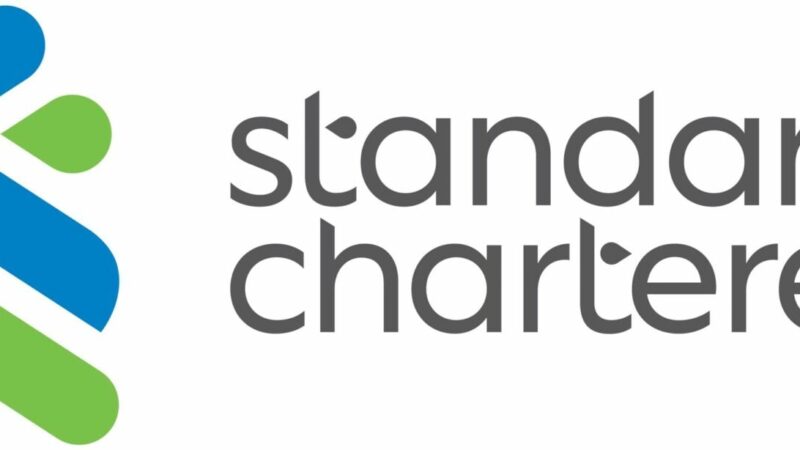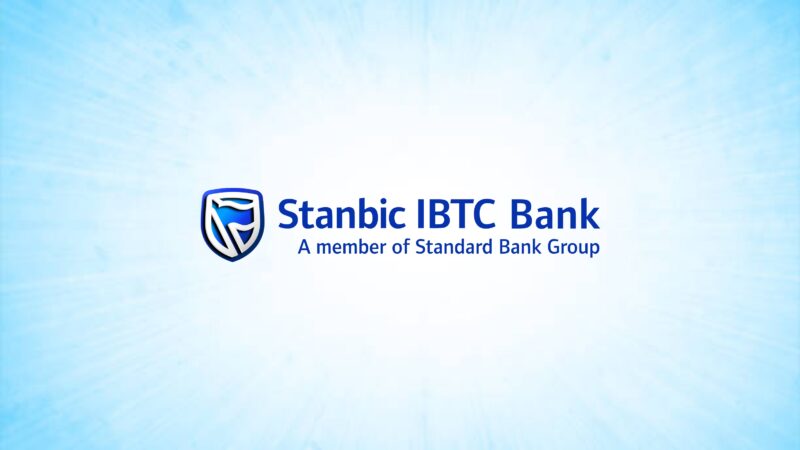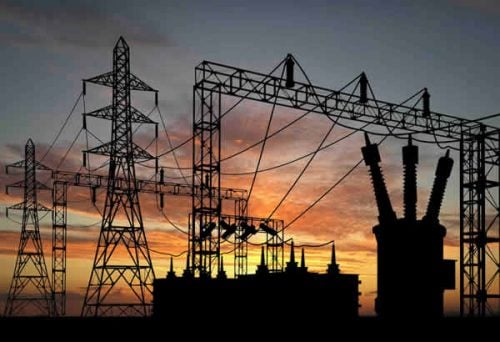IOCs insist on dollar payment for 80% crude sale

To purchase crude oil, modular refineries are to now pay 80 per cent of the amount in the United States dollar, while 20 per cent is to be paid using the local currency – naira, it was gathered on Wednesday.
On April 16, 2024, The Federal Government had eventually complied with the demands of domestic crude oil refiners and other operators in the sector, as it declared that indigenous refineries could now buy crude oil in naira or dollars.
The government had disclosed this through the Nigerian Upstream Petroleum Regulatory Commission at a briefing in Abuja, where it unveiled the new template for domestic crude oil supply obligation.
It stated that in compliance with the provisions of Section 109(2) of the Petroleum Industry Act 2021, the NUPRC in a landmark move, had developed a template guiding the activities for Domestic Crude Oil Supply Obligation, as indigenous refiners would now purchase crude in naira or dollar.
Although the government stated that the would be in dollar or naira, operators of modular refineries who participated in the meeting that gave rise to the development of the Domestic Crude Oil Supply Obligation template, explained that the major crude oil suppliers – International Oil Companies, had insisted that payments would be made in dollars and naira.
The indigenous who spoke under the aegis of the Crude Oil Refinery Owners Association of Nigeria told our correspondent on Wednesday that the decision by the crude oil suppliers was not rebuffed by the upstream regulator, adding that modular refiners had to accept it.
CORAN is a registered association of modular and conventional refinery companies in Nigeria, while modular refineries are simplified refineries that require significantly less capital investment than traditional full-scale refineries.
Speaking on behalf of the group, the Publicity Secretary, CORAN, Eche Idoko, said, “I was in that meeting when the resolutions were being reached and we were part of the meeting. I know that the headline is that they will allow us to buy in naira, but that is not actually what is obtainable.
“Rather, what the IOCs and the producers said, which the NUPRC agreed to, is that under a willing-buyer and willing-seller arrangement, the two parties should be allowed to use whatever currency they think is best.
“One of the representatives of an IOCat the meeting, for instance, said they can do 80:20, such that we’ll pay 80 per cent in dollars and 20 per cent in naira. So more or less, I think what the IOCs will do is adopt this method by allowing us to pay 80 per cent in naira and 20 per cent in dollars.”
Idoko stated that the IOCs, however, agreed that modular refineries could pay the naira equivalent of the current rate of the dollar at any given time to an agreed account, while the Central Bank of Nigeria would remit the amount in dollars to the IOCs based on agreed terms.
“They (IOCs) did say that they would do it in such a way that the exchange for the currency swaps can be done at the level of the Central Bank of Nigeria, though most of the rates are converging at the moment, both at the parallel and official markets.
“So what we need to do is to pay our naira into an account and the CBN would give them the dollar equivalent when they want to call on it,” the indigenous refiners’ spokesperson stated.
He noted that while the IOCs agreed to this, the NUPRC stated that the conversation would be mostly between the supplier of the crude oil and the buyer.
“The 80:20 arrangement is what an IOC representative suggested, but the NUPRC said that conversation should be held within the level of the suppliers of the crude and the buyers. So they are not ruling out naira, but basically, this is what is agreed upon.
“And you know, of course, at the end of the day, since there are no laws on this, then it means that it is the decision of the person who supplies crude that would hold.”
The CORAN official noted that this idea was not opposed by other representatives of different IOCs at the meeting, stressing that modular refiners at the meeting had to agree with it.
“So I think it is pretty much the position of most IOCs. We tried pushing but we saw that the NUPRC was not even willing to move as well, so we took it that way,” Idoko stated.
In The PUNCH’s April 16 report, the NUPRC confirmed the meeting that it held with indigenous refiners and crude oil producers.
“The commission in conjunction with relevant stakeholders from NNPC Upstream Investment Management Services, representatives of Crude Oil/Condensate Producers, Crude Oil Refinery-Owners Association of Nigeria, and Dangote Petroleum Refinery came up with the template for the buy-in of all.
“This is in a bid to foster a seamless implementation of the DCSO and ensure consistent supply of crude oil to domestic refineries,” the Chief Executive, NUPRC, Gbenga Komolafe, had told journalists in Abuja.
Responding to a question on the currency of transaction for crude oil purchase, as approved in the new template, Komolafe stated that it would be either in naira or dollar, adding that naira transactions would free the pressure on the country’s foreign exchange rate.
The NUPRC boss had also pointed out that the template had become effective because all necessary parties had signed up for it.
He said, “The PIA intends to make the implementation (of crude oil obligation) very easy for the parties, both for the producers and refineries. So the answer simply is that the currency for the transaction would either be in naira or dollar. That is the simple answer.
“But we all know that if the transaction is carried out in naira, that itself will free the pressure on the exchange rate. That will help the exchange rate. So that is the intent and besides, the overall intent of the Petroleum Industry Act is to develop our midstream, which is a very laudable provision of the PIA.”
In the currency of payment section of the new template, it was stated that “the payment shall be in either United States dollar or naira or both. Where the payment is in both currencies, the payment split shall be as agreed in the SPA between the producer and the refiner.”
On February 26, 2024, The PUNCH exclusively reported that modular refineries in Nigeria were facing the threat of shutting down operations following their inability to access foreign exchange for the purchase of crude oil, a commodity priced in United States dollars.
Nigeria has 25 licenced modular refineries with a combined capacity of producing 200,000 barrels of crude oil daily.
Although not all of the plants are currently operational, the report stated that the functional ones were increasingly finding it difficult to purchase crude due to the foreign exchange crisis in the country.
The facilities that produce Automotive Gas Oil, popularly called diesel, Dual Purpose Kerosene or kerosene, naphtha, and black oil, were finding it hard to make the refined products available to oil marketers for distribution to consumers.
Operators of the plants explained that the scarcity of dollars had made it almost impossible for dealers to purchase crude oil, as the modular refinery players and oil marketers demanded the sale of crude oil in naira from the Federal Government.


